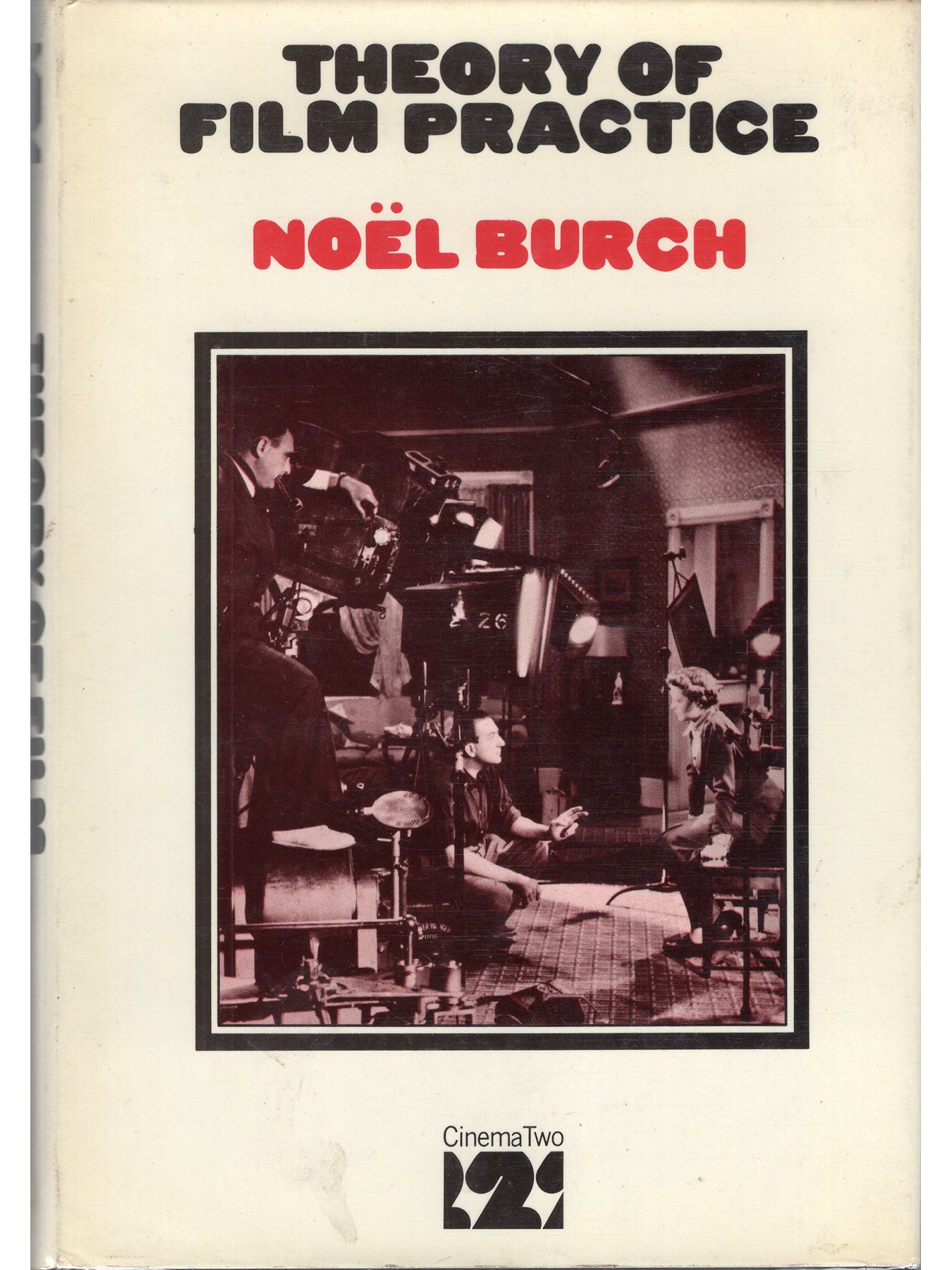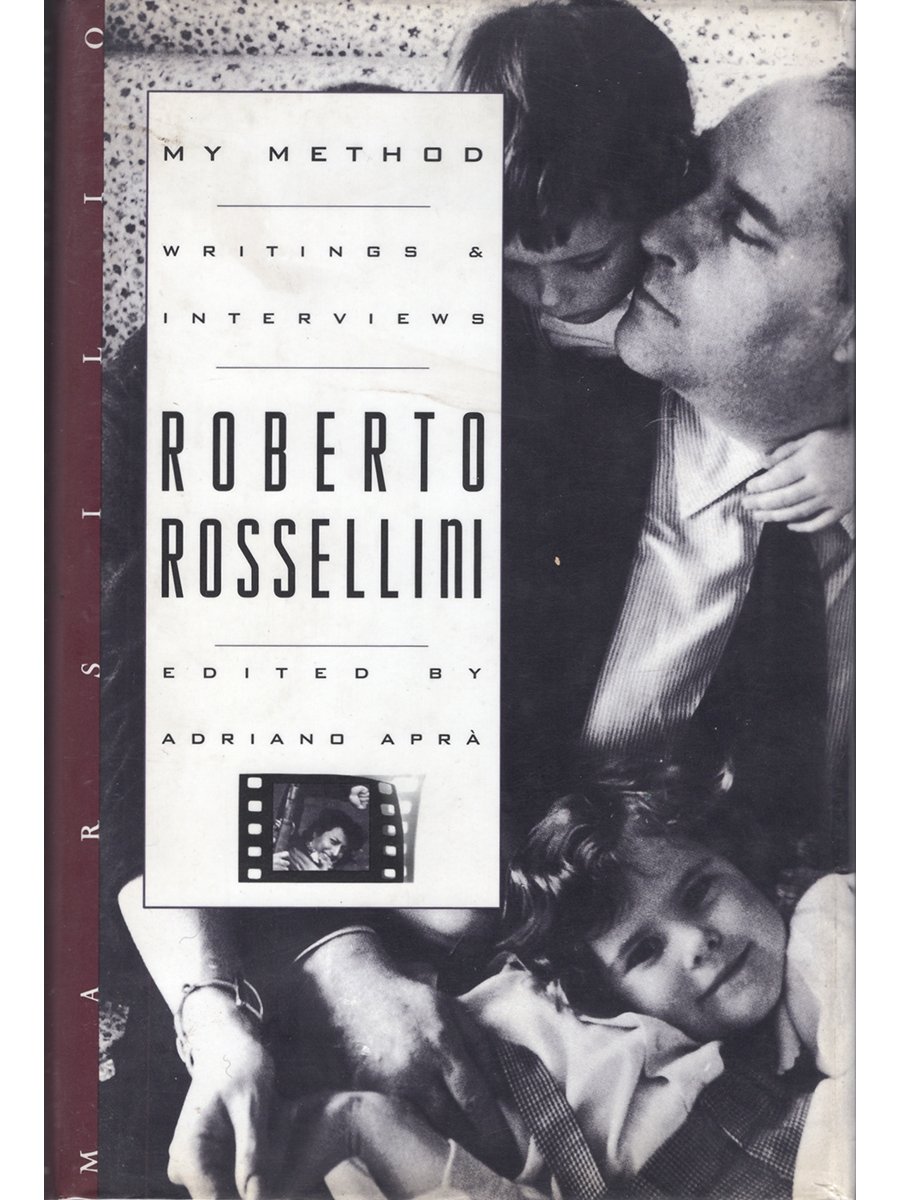Mindscreen: Bergman, Godard and First-Person Film by Bruce F. Kawin (Softcover)
Published by Princeton University Press, 1978
Softcover
241 pages
8.5x5.5 inches
Near Fine condition.
In the opening chapter of this groundbreaking work, Bruce Kawin asks: can a film―which is already the dream of its maker and its audience, and which can present itself as the dream of one of its characters―appear, finally, to dream itself? Contrary to the classic assumption that all film narration is third person, the author contends that a movie can be narrated in first person through a consciousness that originates either on screen or off. Through a discussion of Keaton, Welles, Resnais, Bergman, Godard, and even Chuck Jones, Kawin shows how the self-reflexivity of film stimulates the aesthetic, political, and psychological processes of the audience, making possible a greater knowledge and acceptance of ourselves.
Published by Princeton University Press, 1978
Softcover
241 pages
8.5x5.5 inches
Near Fine condition.
In the opening chapter of this groundbreaking work, Bruce Kawin asks: can a film―which is already the dream of its maker and its audience, and which can present itself as the dream of one of its characters―appear, finally, to dream itself? Contrary to the classic assumption that all film narration is third person, the author contends that a movie can be narrated in first person through a consciousness that originates either on screen or off. Through a discussion of Keaton, Welles, Resnais, Bergman, Godard, and even Chuck Jones, Kawin shows how the self-reflexivity of film stimulates the aesthetic, political, and psychological processes of the audience, making possible a greater knowledge and acceptance of ourselves.
Published by Princeton University Press, 1978
Softcover
241 pages
8.5x5.5 inches
Near Fine condition.
In the opening chapter of this groundbreaking work, Bruce Kawin asks: can a film―which is already the dream of its maker and its audience, and which can present itself as the dream of one of its characters―appear, finally, to dream itself? Contrary to the classic assumption that all film narration is third person, the author contends that a movie can be narrated in first person through a consciousness that originates either on screen or off. Through a discussion of Keaton, Welles, Resnais, Bergman, Godard, and even Chuck Jones, Kawin shows how the self-reflexivity of film stimulates the aesthetic, political, and psychological processes of the audience, making possible a greater knowledge and acceptance of ourselves.






